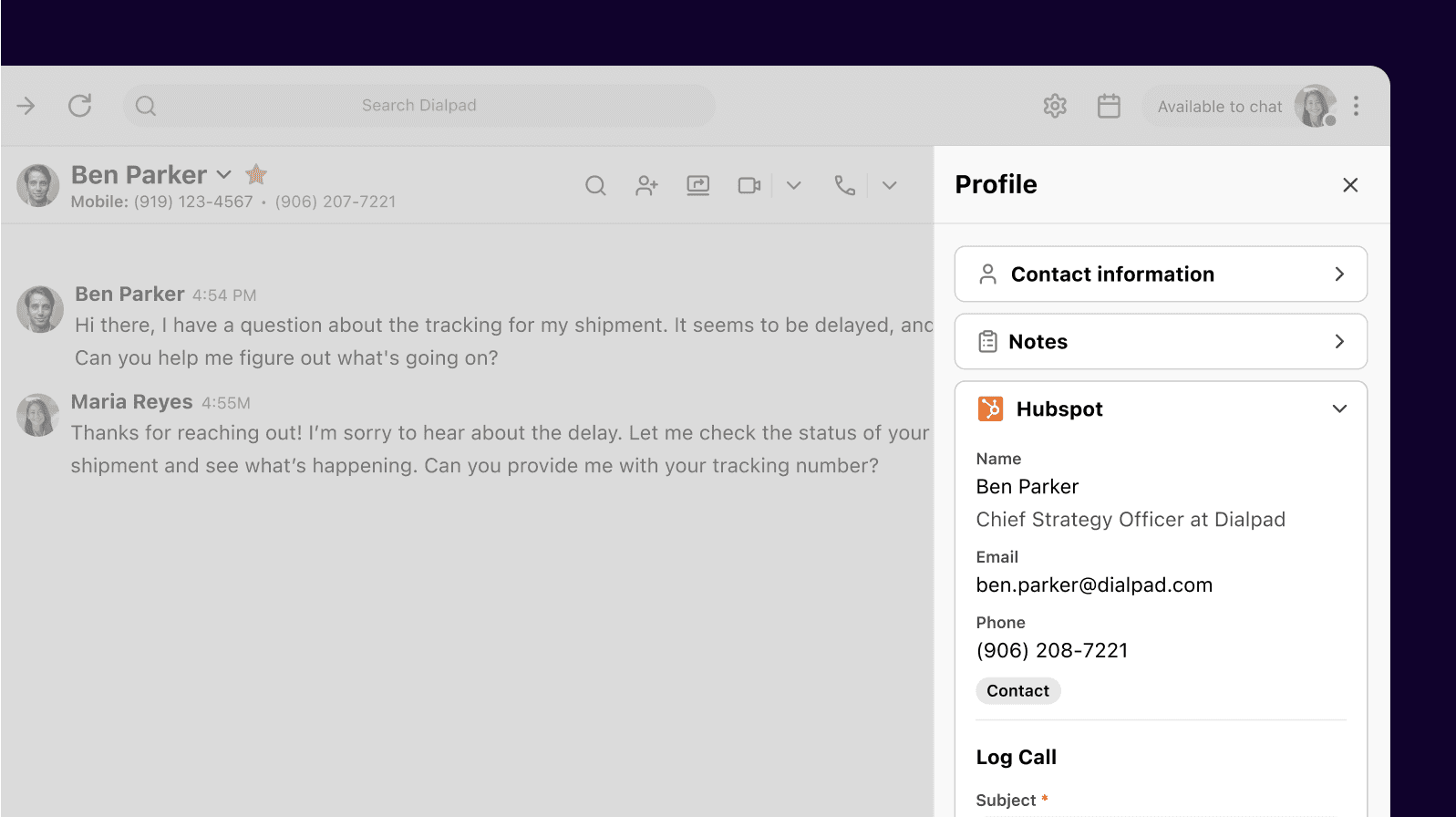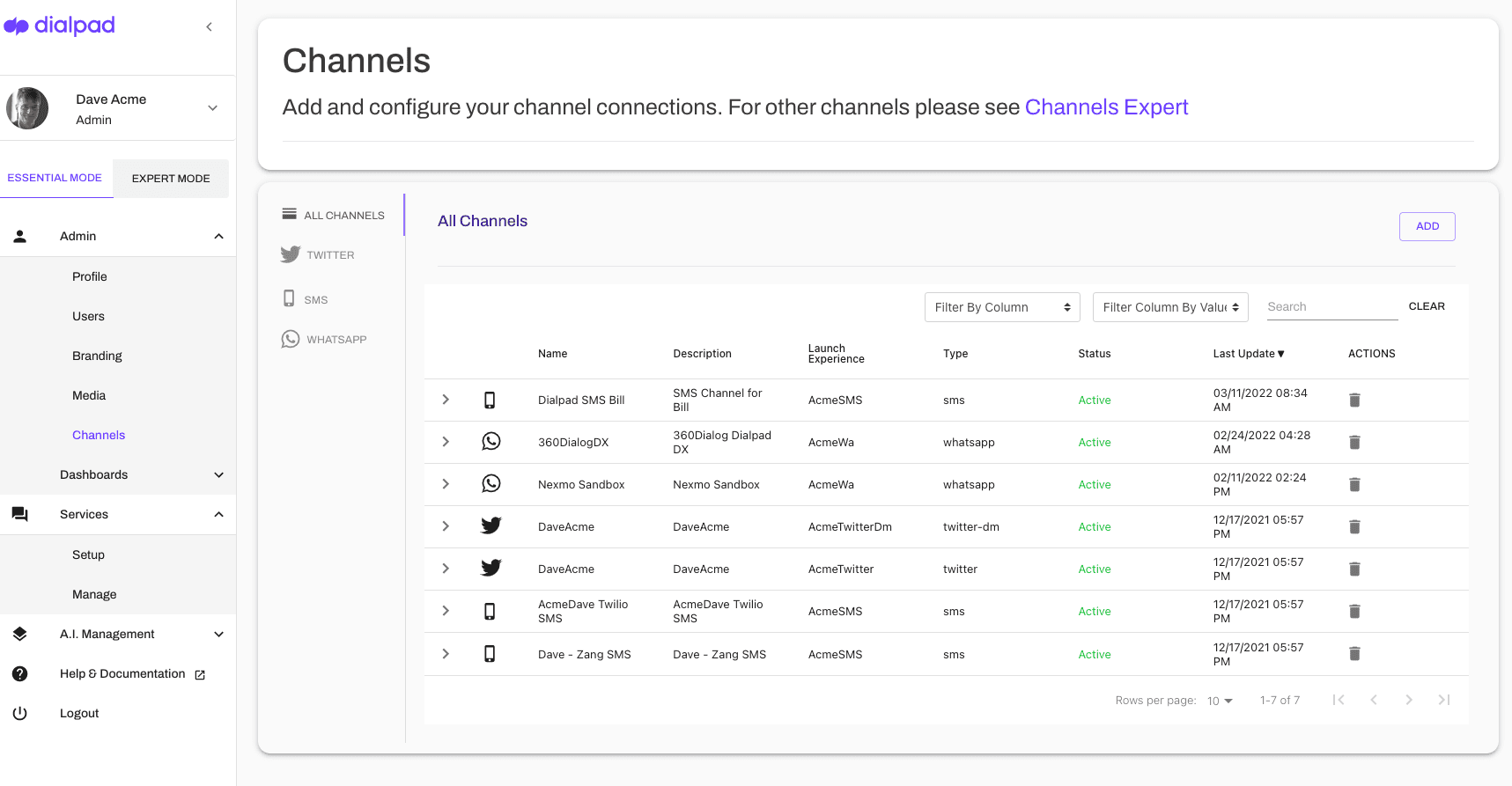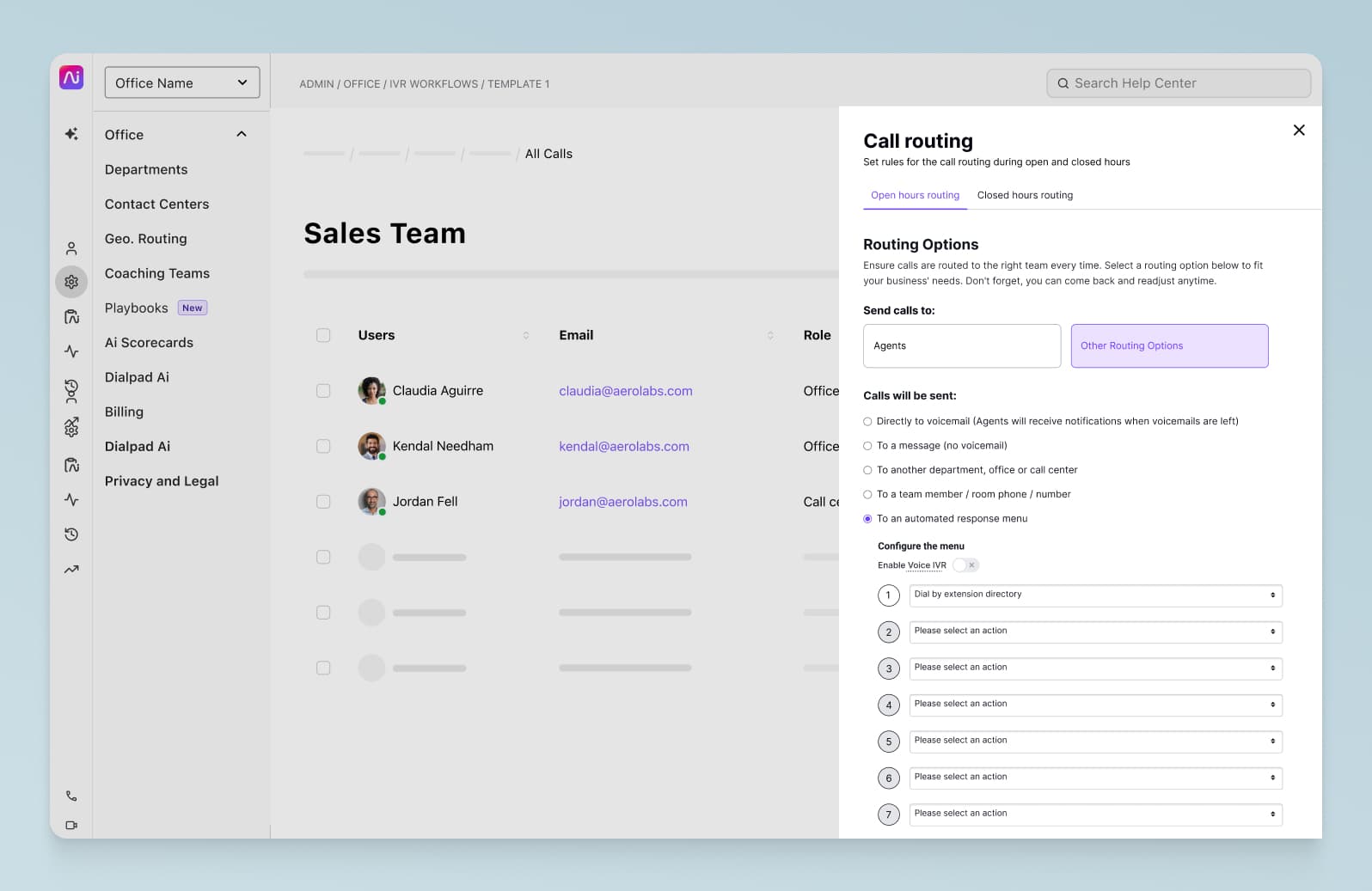Customer relations: What is it and how to improve it

Customer Support Manager - Tier 1

Tags
Share
Customer relations are the lifeblood of any business, large or small. After all, without customers, businesses would have no one to sell their products or services to. But it’s not always easy to get customer relations right.
Customer relations are all about creating and maintaining strong relationships with your customers. This means understanding their needs and wants, and then doing everything you can to meet those needs.
In this blog post, we'll cover everything you need to know about customer relations, from what it is, why it is important, and give you some concrete steps you can take to build strong customer relations with your customers.
What is customer relations?
Customer relations is the process of managing relationships with customers. This includes everything from acquiring new customers to maintaining existing customer relationships.
The goal of customer relations is to build strong, long-lasting relationships with customers. This is done by providing excellent customer service and meeting the needs of customers. Some companies focus on providing great customer service, while others focus on developing personal relationships with their customers. It is important to find the approach that works best for your company and your customers.
Customer relationship management (or CRM) is a term that is often used interchangeably with customer relations. But what exactly is CRM?
What is customer relationship management?
Customer relationship management (CRM) is a system businesses use to manage and store customer data. This data includes information such as customer contact details, purchasing history, and any other interactions the customer has had with the company.
A CRM system helps businesses keep track of their customers and better understand their needs. It can also be used to target marketing campaigns and improve customer service.
There are many different types of CRM systems available, but some of the more popular ones include HubSpot and Salesforce. Both have their own set of features and Dialpad integrates with both of them (as well as other CRM tools.)

Why is customer relations important?
Customer relations are important because they help businesses keep track of their customers and better understand their needs. Strong customer relationships lead to increased sales, improved customer loyalty, and referrals from your customer base. This leads to more revenue and less customer churn for your business.
Another advantage of developing good customer relations is that it can also be used to create personalised marketing campaigns. For example, if you have a satisfied customer in an industry that you’re trying to expand into, you can work with that customer to create a video testimonial, and then run video ads targeting potential customers in that industry.
Customer relations vs. customer service
Customer relations and customer service are two terms that are often used interchangeably, but they actually refer to two different concepts. Customer relations involve all of the interactions between a company and its customers, both good and bad. Customer service, on the other hand, refers specifically to the assistance and support that a company provides to its customers.
While customer relations encompass a wide range of activities, customer service is just one part of it. Other aspects of customer relations include marketing, sales, product development, and even accounting and finance. In other words, customer relations encompass all of the ways a company interacts with its customers, while customer service is just one type of customer interaction.
The term “customer relations” is sometimes used to describe the department or team within a company that is responsible for managing all of these interactions. This team may be responsible for tasks such as handling customer complaints, conducting market research, coordinating marketing campaigns, and more.
In general, businesses should strive to improve both their customer relations and their customer service. By providing excellent customer service and maintaining positive relationships with customers, businesses can improve loyalty and customer retention rates, increase sales as well as their customer lifetime value.
Ways to start building customer relations
If your team hasn’t taken steps to focus on building good customer relations, here are a few basic steps to take in order to start building that foundation and be a customer-centric organisation.
Allow customers to contact you through different channels
If you only allow customers to reach you via one communication channel, such as over the phone or email, nowadays, that’s not enough. Picture this: a customer calls your 0800 number with a time-sensitive enquiry, but the line is busy since other customers are also calling in. Having alternative channels such as live chat gives customers an alternative way to reach out to you and be assured that their issue will be addressed.
There are many technologies available, such as Dialpad, to help ensure that not only are your calls being properly tracked in real-time, but also your customer communications on other channels are streamlined and easily accessible. This also means your customers don’t have to go through the trouble of repeating their information or their issue several times to your team, and that way, their problem can be resolved in a more timely manner.

Handle customer complaints to improve customer experience
Your customer service team should be equipped with the proper employee training to regularly handle and monitor customer complaints, whether they’re posted on Google Business Profile (formerly Google My Business), social media, or on review sites like Trustpilot and Capterra. Remember that complaints can be used as an opportunity to improve your business’s products or services.
Conduct customer and market research
Customer research can help businesses understand what types of customers they have in addition to their customers’ needs, wants, and motivations. This information can be used for businesses to better target their audience, such as segmenting their audience and tailoring their marketing messages accordingly.
In order to gather this information, you can send out a short questionnaire via email or set up one-on-one video calls with a few of your top customers. We’ll go into more detail about this in the next section.
This gives your customers a chance to provide feedback, in case there are areas of opportunities your customer success team should prioritise addressing. It can also help businesses develop new products and services that meet these needs.
Tips for small businesses to improve customer relationships
If you’re a small business looking to create positive customer relations and improve customer care, here are some essential tips to keep in mind. By following these tips, you'll be able to keep track of customer conversations, respond promptly to customer inquiries, seek feedback to improve your business, build a strong customer base, and more.
1. Keep track of customer conversations
If you don't keep track of customer conversations, you'll quickly fall behind and lose touch with what's going on. In order to build and maintain strong relationships with customers, it’s important to be able to easily view your customer communications across different touchpoints, especially if a customer tries to reach you across multiple ones about the same issue. Your team should always be able to easily catch up on the latest status of the customer’s enquiry in order to maintain a positive customer relationship.
If phone calls are one of your primary communications channels, you can use Dialpad to improve the quality of your voice conversations. If you also communicate with customers via text messaging, video calls, or a chatbot — Dialpad supports those too, in a single app.

2. Respond promptly to customer enquiries and complaints
It is essential that small businesses respond promptly to customer inquiries and complaints, as they can make or break a business. Focusing on this shows that you are attentive and care about your customers’ needs and concerns. Furthermore, it builds trust and goodwill between you and your customers.
There are a few ways to ensure that you are responding promptly to customer inquiries and complaints. First, set up a system where customer inquiries and complaints are routed to the appropriate team or individual. If you’re handling these over the phone, you can easily set up your contact centre’s call routing on Dialpad to do this.

This will help ensure that the right people are addressing the issue in a timely manner. Secondly, establish clear timelines for responding to customer inquiries and complaints. This will help hold everyone accountable for responding in a timely fashion. Finally, provide regular updates to customers on the status of their enquiry or complaint. This will help keep them informed and show that you are taking their issue seriously.
By following these tips, you can be sure that you are responding promptly to customer inquiries and complaints, which will create a better experience for your customers and build trust between you and them.
3. Seek feedback from customers to improve your customer satisfaction
It is important to seek feedback from customers in order to improve your small business. There are a few ways to go about this, such as conducting customer surveys, focus groups, or one-on-one interviews.
Customer surveys are a great way to get a large amount of feedback from your customer base. They can be conducted online, over the phone, or in person. When designing a customer survey, be sure to ask questions that will give you useful information about your customers’ needs and wants. You can also use customer surveys to find out how satisfied your customers are with your products or services.
Focus groups are another option for gathering customer feedback. Focus groups usually consist of 6-10 people who are representative of your target market. Focus groups are facilitated by a moderator and usually last for 1-2 hours. During a focus group, participants will be asked questions about their thoughts and feelings on a particular subject. Focus groups can be conducted in person or online.
One-on-one interviews are another way to gather customer feedback. These interviews can be conducted in person, over the phone, or via email. One-on-one interviews allow you to ask more detailed and probing questions than you would be able to in a survey or focus group setting. One-on-one interviews also give you the opportunity to build rapport with your customers and get to know them on a personal level.
4. Build a strong customer base by creating loyalty and repeat business
It is essential for small businesses to create loyalty and repeat business in order to build a strong customer base. This can be done in a number of ways, including providing excellent customer service, offering rewards or discounts for loyalty, and creating a brand that customers can trust.
Customer loyalty is essential for businesses because it leads to repeat business. According to a study by PWC, 65% of customers find a positive experience with a brand to be more influential than great advertising. Furthermore, loyal customers are also more likely to recommend your business to friends and family.
There are a few other things you can do to create loyalty and repeat business from your customers. The first one might be a bit obvious, but you need to provide excellent customer service. This means being attentive to your customers’ needs, responding promptly to inquiries and complaints, and going above and beyond to solve problems.
Second, you can offer rewards or discounts for loyalty. This could include something as simple as a discount on their next purchase or a free gift with purchase. It may be beneficial to consider creating a loyalty program that rewards referrals. Don’t underestimate the power of word of mouth for generating new business.
Finally, you need to create a brand that customers can trust. This means having consistent branding across all of your marketing materials, being clear and transparent about your products and services, and living up to your promises.
By following these tips, you can build a strong customer base that will provide loyalty and repeat business.
5. Use customer data to improve your marketing and sales strategies
When it comes to marketing and sales, data is your best friend. By understanding your customer base, whether or not you met customer expectations, and using that data to inform your decisions, you can create strategies that are more likely to succeed.
Here are a few key ways to use data to improve your marketing and sales efforts:
Use data to segment your customers
Use data to create targeted campaigns
Use data to personalise your messages
Use data to track results
Use data to improve your customer relationships
Once you have this data, take some time to analyse it and see what patterns emerge. From there, you can start making changes to your marketing and sales strategies. Keep in mind that it’s important to constantly monitor your customer base and adjust your strategies as needed.
What works today might not work tomorrow, so it’s important to be flexible and adaptable. By using customer data to guide your decisions, you can ensure that your marketing and sales strategies are always on point.
6. Stay ahead of the competition by understanding your customers’ needs
As a small business, it's important to always be aware of what your competition is doing. This can be accomplished by regularly checking their websites, social media accounts, and any other online presence they may have. You can also sign up for their newsletters and any other communications they may send out.
In addition to monitoring your competition, you should also take the time to understand your customers' needs to stay ahead of the competition, as mentioned earlier. Keep up to date with industry trends so that you can anticipate changes in your customers’ needs and be prepared to meet them.
7. Always be prepared to go the extra mile for your customers
The best way to keep your customers happy is by always being prepared to go the extra mile for them. This means being available when they need you, being responsive to their inquiries and concerns, and going above and beyond to solve their problems.
It can be helpful for your support team to establish a system for handling customer engagements so that you can ensure that each one is dealt with in a timely and efficient manner. This could involve setting up a dedicated customer support email address or phone line, or assigning specific reps to deal with customer inquiries.
Additionally, it is important to keep your promises to customers. If you say you will do something, make sure you follow through. This could involve keeping them updated on the status of their inquiry or complaint, or providing them with regular updates on your product or service.
Finally, it is important to show your appreciation for your customers’ business. This could involve sending them thank-you notes, giving them discounts or coupons for future purchases, or simply saying “thank you” when they give you feedback. By following these tips, you can be sure that you are always prepared to go the extra mile for your customers and keep them happy.
Exceeding expectations with great customer relations
As you can see, great customer relations are important for businesses to maintain and improve. There are many different aspects of customer relations, and customer service is just one part of it.
In order to provide excellent customer service and build positive relationships with customers, businesses should take various steps, such as handling customer complaints, conducting market research, coordinating marketing campaigns, and more. By taking these steps, businesses won’t just have happy customers—they’ll be able to improve loyalty and retention rates, increase sales, and build a strong reputation for their brand.
See how Dialpad can help you build better customer relations
Get a personal walkthrough of Dialpad Ai Contact Centre or, take a self-guided interactive tour of the app!
